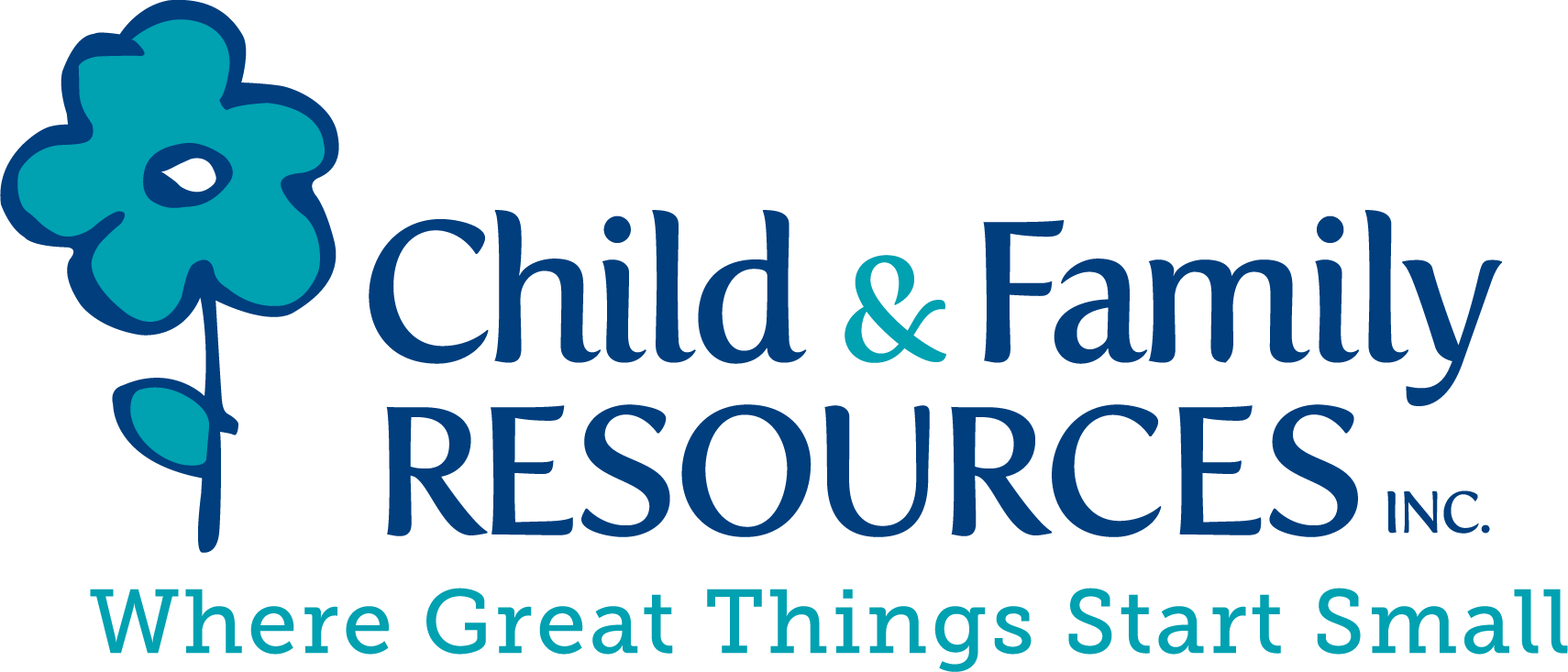November is Mental Health Matters Month
Mental Health Matters Month
November—a month often celebrated for its changing temperatures, gatherings with loved ones, and preparations for winter holidays. Lesser known, this month is also Mental Health Matters Month, providing a perfect opportunity to reflect on our own mental well-being as we enter this busy social season.
While some may not fully appreciate the importance of mental health, research clearly demonstrates that mental illnesses can lead to tangible changes in the brain, affecting our thoughts, behaviors, and even our physical health. It’s crucial to recognize that experiencing mental health struggles is not a personal failure; it’s a part of being human. Taking steps to address mental health is a sign of strength and initiative, reflecting a desire to be proactive so we can be the best mothers, fathers, friends, coworkers, and individuals possible. Whether through practical self-care strategies, consulting with a healthcare provider, confiding in trusted loved ones, or reaching out to crisis lines if you’re feeling unsafe, there are numerous options available. By acknowledging the reality of mental health and its effects, we can foster a more supportive environment, reduce the stigma associated with mental illness, and improve our daily lives.
This month, let’s explore ways to identify stress, support one another, and prioritize our mental health.
Understanding Stress: Are You Experiencing Red Flags?
Stress can significantly impact both our mental and physical health. The World Health Organization defines stress as “a state of worry or mental tension caused by a difficult situation.” It often manifests in various symptoms that signal it may be reaching unhealthy levels. Here are some red flags to look out for:
- Physical Symptoms: You might experience tension headaches, sore muscles, rapid heartbeat, or digestive issues. These physical manifestations can be a direct response to the stress you’re facing.
- Emotional Indicators: Stress can lead to persistent worry, irritability, or withdrawal from social activities, affecting your overall mental well-being. When stress levels rise, it can feel overwhelming and make it difficult to cope.
It’s important to remember that taking steps to address this condition is a sign of initiative and can lead to healthier coping mechanisms and a more balanced life.
Taking Steps Towards Well-Being
- It’s okay to reach out. Share your feelings with friends, family, or colleagues. Having someone to talk to can make a significant difference.
- Prioritize Your Health: Small changes can lead to big improvements. Consider incorporating a daily 10-minute walk or trying a new healthy recipe. Physical activity releases endorphins that boost mood.
- Challenge Negative Thoughts: Shift your perspective on stressors. View challenges as opportunities for growth rather than setbacks. Remember, perfection isn’t the goal—progress is.
- Focus on Sleep: Quality sleep is vital for managing stress. Aim for 7-8 hours each night and establish a calming bedtime routine. If worries keep you awake, jot them down in a journal as a means of clearing your mind as you write them down.
Finding the Benefits of Journaling
Journaling can be a transformative tool for mental health. Whether you’re dealing with anxiety, depression, or everyday stress, keeping a mental health journal offers a private outlet for your thoughts and feelings.
Here’s how to get started:
- Choose Your Format: Decide if you prefer a paper or digital journal.
- Set Aside Time: Dedicate just five minutes each day to write, but feel free to extend that if needed.
- Let Go of Perfection: Don’t worry about spelling or grammar—this space is for you.
- Create a Judgment-Free Zone: Allow yourself to express whatever you’re feeling without self-criticism.
To maximize the benefits of journaling, try these approaches:
- Express Yourself: Write about whatever is on your mind and your feelings.
- Reflect Without Judgment: Revisit what you’ve written and consider it with compassion.
- Empathize: Think about how you would advise a loved one sharing similar thoughts.
- Consider Alternatives: Reflect on how you could have responded differently in challenging situations.
Journaling can help create positive changes in your thoughts and behaviors. Here are some tips to enhance this practice:
- Set Goals: Use your journal to track your progress and challenges.
- Identify Triggers: Record stressors and look for patterns.
- Challenge Negativity: Write down your strengths and celebrate your positive choices.
- Pros and Cons Lists: These can aid in decision-making and clarify your thoughts.
Caring for Your Mental Health: Action Steps
- Exercise Regularly: Engage in physical activities you enjoy; it can significantly uplift your mood.
- Eat Nutritiously: A balanced diet fuels both body and mind, enhancing energy and emotional resilience.
- Embrace Sunshine: Spend a few minutes outside each day. Natural light can boost your mood and overall well-being.
- Express Yourself: Whether through art, writing, or music, find ways to express your feelings and creativity.
- Maintain Balance: Ensure a healthy work-life balance. Make time for hobbies and relaxation.
Let’s Support Each Other
As we navigate through this month, let’s make an effort to check in with ourselves and each other. Reflect on your experiences, celebrate small victories, and remember: mental health matters. Together, we can create a supportive environment where everyone feels valued and heard. If you’re feeling overwhelmed, please don’t hesitate to reach out for help—whether to a trusted friend, doctor, or a mental health professional.
